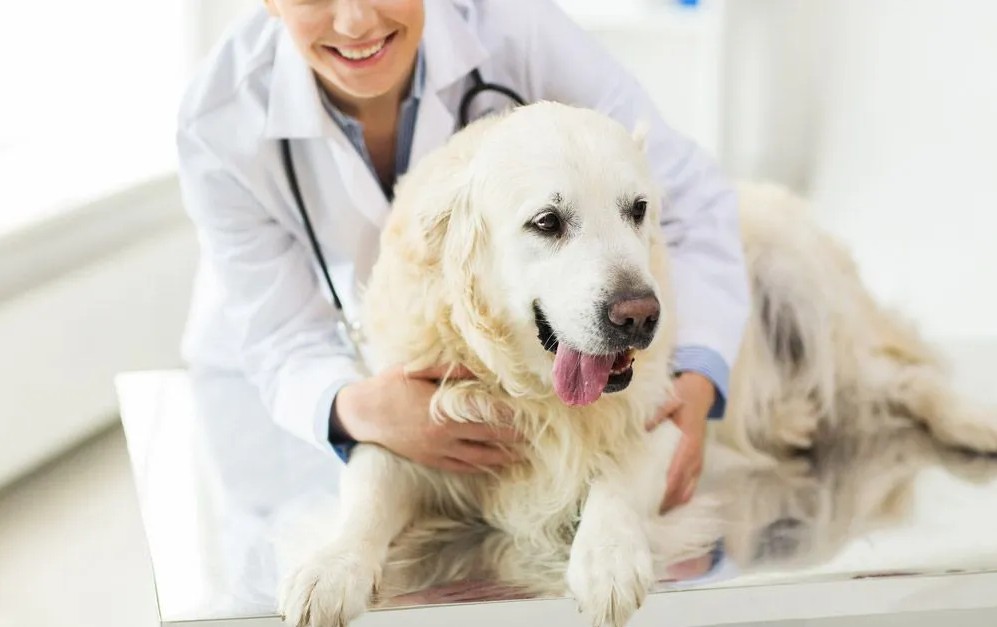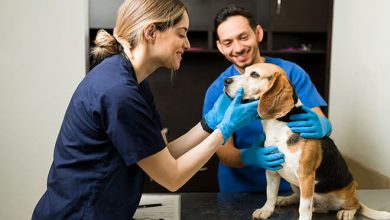How Animal Clinics Handle Routine Wellness Exams

When you visit a veterinarian in West Palm Beach, you ensure your pet’s health stays on track. Animal clinics focus on routine wellness exams to catch health issues early. These exams look at your pet’s weight, diet, and lifestyle. Vets often check teeth and gums, listen to the heart, and feel for any unusual lumps. They also update vaccinations. Clinics prioritize these steps to safeguard your pet’s well-being.
Each exam is a chance to discuss any changes you’ve noticed. Clinics may suggest blood tests to detect hidden problems. Pets can’t tell you when something’s wrong. That’s why vets rely on these exams to provide the best care.
Routine exams show you care about your pet’s life and happiness. The exam is an opportunity to ask questions and learn how to keep your pet healthy. Regular visits build trust with your vet, ensuring your pet receives consistent, attentive care.
The Importance of Regular Check-Ups
Regular check-ups help catch problems before they become serious. Early detection often leads to better outcomes. By scheduling routine exams, you address potential issues in a timely manner. Vets not only check physical health but also note changes in behavior. These observations help them detect conditions that might not be immediately visible.
Key Components of Wellness Exams
Wellness exams cover several areas. Here’s what to expect during a visit:
- Physical Exam: Vets inspect the coat, eyes, and ears. They check the abdomen and listen to the lungs.
- Vaccinations: Keeping up with shots prevents many diseases.
- Parasite Prevention: Clinics advise on the best ways to prevent fleas, ticks, and worms.
- Dental Care: Healthy teeth and gums prevent pain and infections.
- Nutrition Counseling: Discuss your pet’s diet to ensure it meets their needs.
Vaccinations: A Crucial Step
Vaccinations protect pets from diseases. They prepare the immune system to fight potential infections. Following a vaccination schedule is crucial. Vaccines not only protect your pet. They also prevent the spread of diseases to other animals and humans.
Parasite Prevention
Parasites affect pets in many ways. They can cause discomfort and serious health issues. Prevention is key. During exams, vets provide guidance on protecting your pet from parasites. This includes advice on treatments and products that keep parasites at bay.
Monitoring Weight and Diet
Proper nutrition is essential for your pet’s overall wellness. Vets track weight and provide dietary recommendations. Maintaining a healthy weight prevents obesity-related diseases. Nutrition counseling during exams ensures your pet receives the right nutrients.
Common Wellness Exam Procedures
| Procedure | Purpose
|
|---|---|
| Physical Examination | Check for signs of illness |
| Vaccinations | Prevent infections |
| Weight Monitoring | Identify obesity risks |
| Blood Tests | Detect underlying issues |
| Dental Check | Prevent oral diseases |
Building a Strong Relationship with Your Vet
Frequent visits strengthen the bond between you and your vet. A strong relationship facilitates better communication. You feel more comfortable discussing concerns. Vets become familiar with your pet’s history, allowing for personalized care plans.
For additional information on how to care for your pets, you can refer to the American Veterinary Medical Association website.
Conclusion
Routine wellness exams are vital for keeping your pet healthy. They provide an opportunity to detect issues early. Exams focus on different aspects of your pet’s health. Regular check-ups ensure vaccinations are up to date. Parasite prevention, dental care, and nutrition play significant roles in overall wellness. Consistent visits to the vet help maintain your pet’s health and happiness. By committing to regular exams, you show dedication to your pet’s well-being and longevity.



